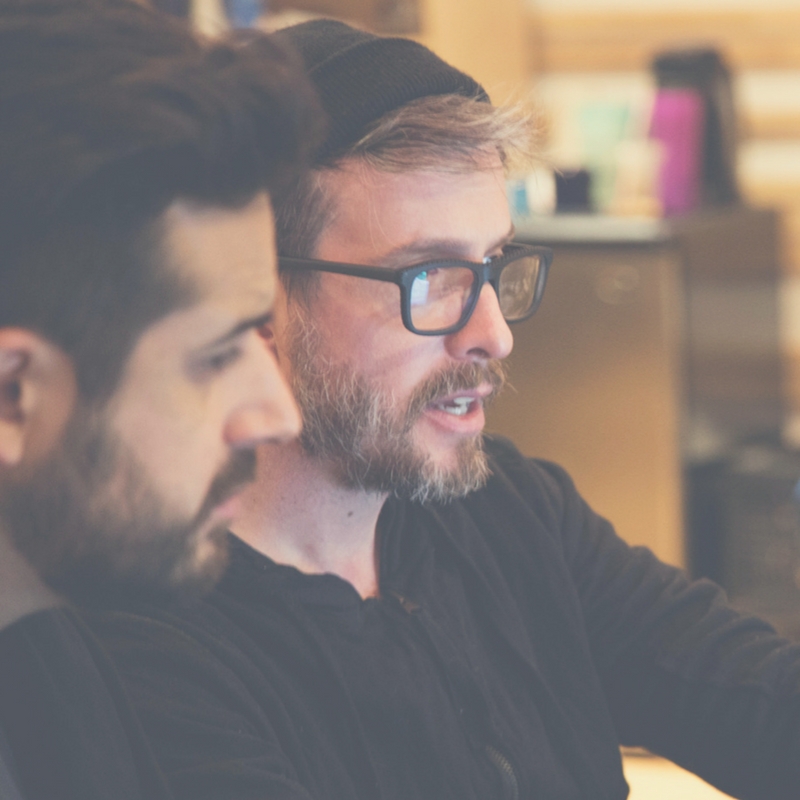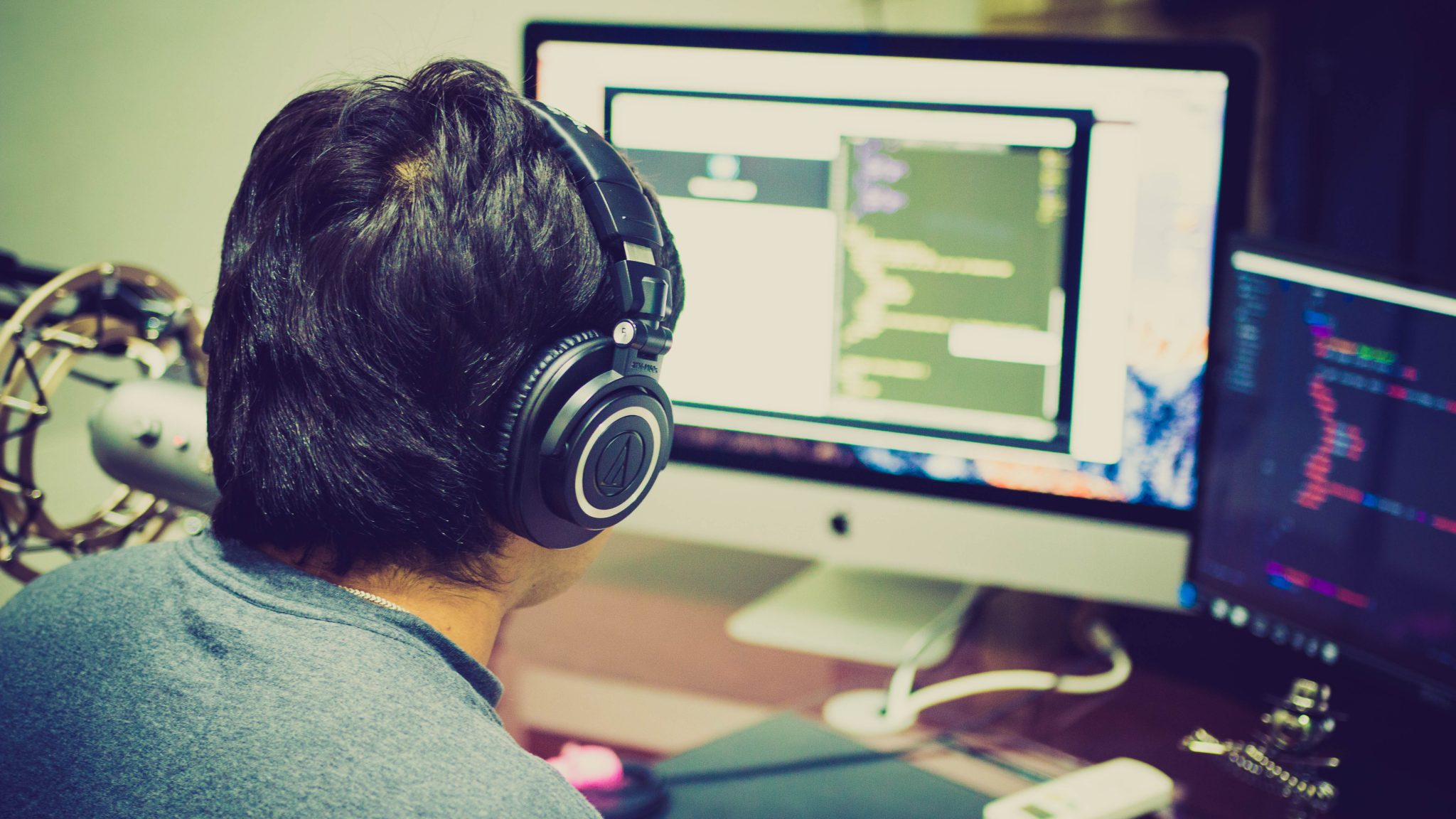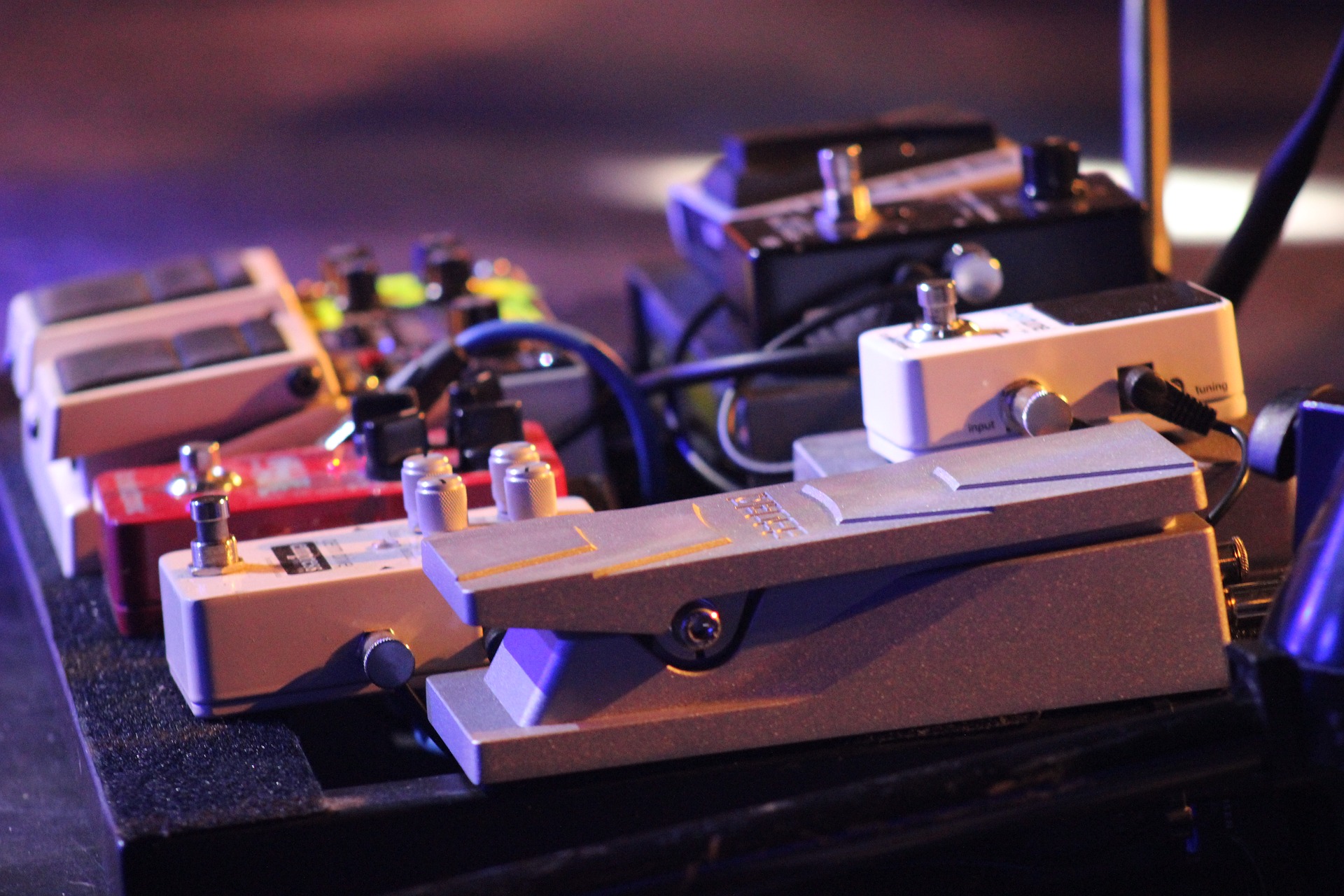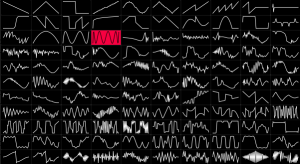Are online communities replacing labels?
 I’ve recently been wondering what will be the future for labels. Are streaming services replacing labels? Or are other communities? I’ve been running my label Archipel since 2004 and I’ve never really made money from it, if you discount using it as a business card for gigs and contacts. The money and time invested in Archipel have been very high, so it’s hard to say if it’s been good on for ROI. The further and faster the digital music world develops, it seems less and less obvious what roles labels will play for artists. Streaming platforms like Spotify give little to no importance to labels, and since basically anyone can start one, running one nowadays doesn’t have the same aura it once did.
I’ve recently been wondering what will be the future for labels. Are streaming services replacing labels? Or are other communities? I’ve been running my label Archipel since 2004 and I’ve never really made money from it, if you discount using it as a business card for gigs and contacts. The money and time invested in Archipel have been very high, so it’s hard to say if it’s been good on for ROI. The further and faster the digital music world develops, it seems less and less obvious what roles labels will play for artists. Streaming platforms like Spotify give little to no importance to labels, and since basically anyone can start one, running one nowadays doesn’t have the same aura it once did.
In mid 2016, I offered free coaching to everyone who joined my mailing list, and while this turned out to be a success which I didn’t expect, I had to put it on hold until I could find someone who could help manage the work involved. In the meantime, I created a Facebook group for people I’d worked with to join so I could provide them with feedback and support. There are many Facebook and social media groups for producers out there and many have themes and rules. I’m part of a few that I enjoy; I’ve used them to learn tricks and something get informed of certain music related news. So, for me creating a group was an opportunity to give people a place to feel open to share what they’re working on, to get feedback, and provide words of encouragement to anyone else.
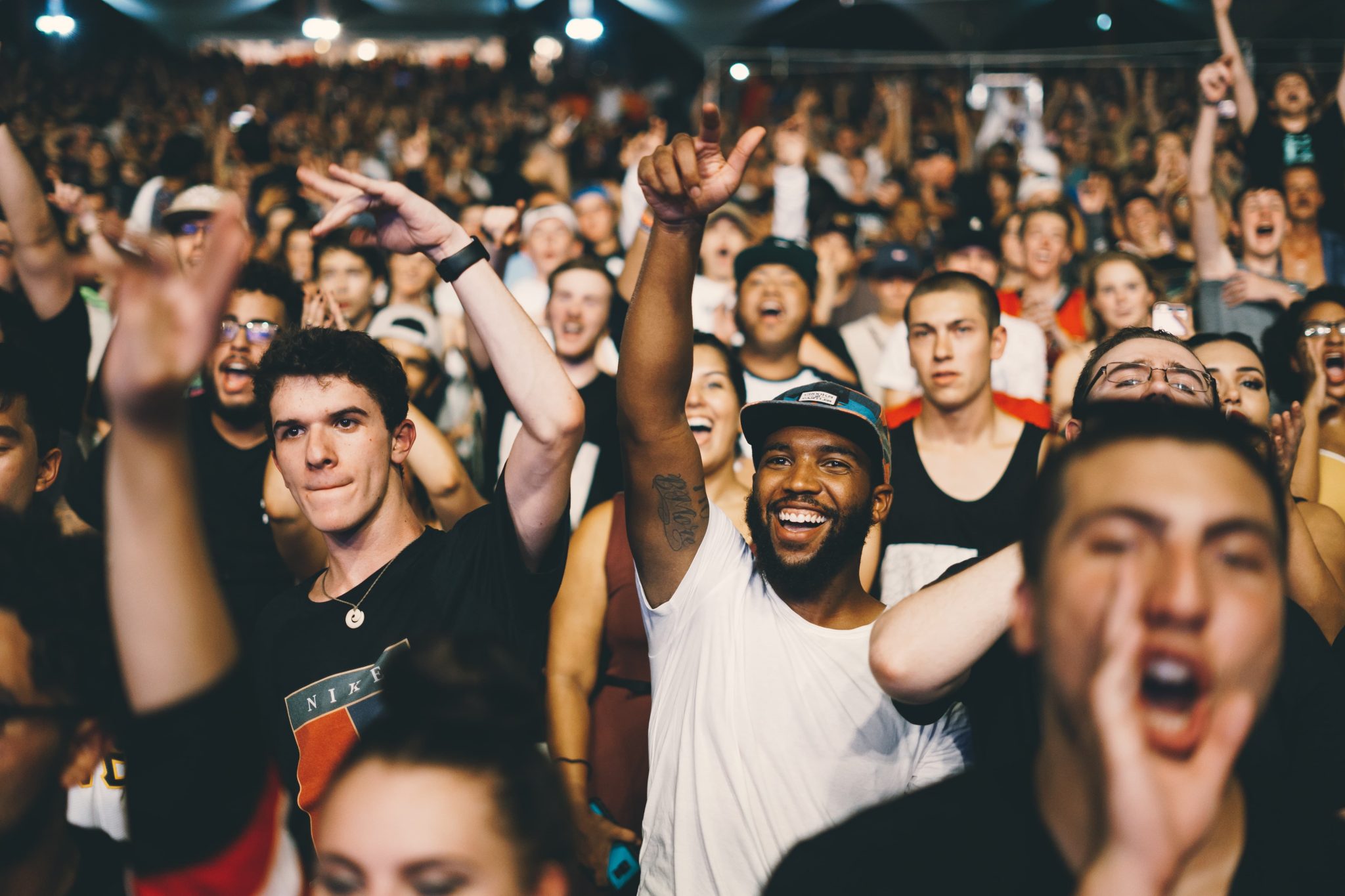 The great thing about this initiative was that people started to really participate and interact, even more than I thought they would. It was pretty amazing to see some people join forces and collaborate, and to see others help out by giving advice with regards to where to send music to get signed. This community has become autonomous; it’s doing what I was doing myself before, through email. I’ve been thrilled by it!
The great thing about this initiative was that people started to really participate and interact, even more than I thought they would. It was pretty amazing to see some people join forces and collaborate, and to see others help out by giving advice with regards to where to send music to get signed. This community has become autonomous; it’s doing what I was doing myself before, through email. I’ve been thrilled by it!
Somehow, when I was running my label, I was hoping to create that same sort of synergy, but for some reason it never came. My label manager and I posted regularly through Archipel, trying to come up with ideas, proposals, concepts…but it was pretty much always the same guys that were interested. That was cool, but it was also puzzling me to have such a huge line up of artists (Archipel has almost 200 people who collaborated through years!) but that only 5-6 people were really into it.
I fundamentally believe that most people want to join a specific label to be part of its community and get closer to the artists they’ve worked with.
Of course, the exposure and networking from a label also play an important role in an artist’s motivation to get signed, but the community is another major part of this motivation.
As it stands, I think these types of online groups like the one I’ve described could be as beneficial as a label because:
- You have people active in the groups whom most likely the same goals, motivations and tastes.
- It’s much easier to connect with DJs who can play your music.
- People are open to communication and giving & receiving feedback.
Your music has an impact. A major issue with the current music business is that there’s a huge feeling of hopelessness in the air, which can drain out all the juice we have as artists and creators. Most artists have the energy to build projects or beautiful products, but will their work be something that will remain hidden away on the “bookshelves” of the internet because it doesn’t sell? Are all songs worth being turned into records? Is there that much of a demand to keep working so hard creating?
The ego plays tricks on us. One of the biggest is to believe that our music is worth more attention than it is, in reality. Many artists feel anxious and depressed because of this reality check. We want to share the music but the low hits are depressing us. That said, this major issue can be addressed by being in a community: one of any types of communities that are seemingly replacing labels.
Personally, after years of releasing countless albums and EPs, I’m now more excited to know if my five closest and most trusted friends like my newest song. I know for sure they will listen to it and provide feedback. I’ve decided to share my work with a selective number of people who can echo back the energy I put in it. I’m fed up of running after people and saying, in essence, “listen to my song bro! you’ll like it! leave me feedback!”
Labels won’t be replaced as long as the music industry need representatives for the artists. Every artists dreams to be able to live off music full time but it is becoming clear that it’s not once central thing as a label who will make it happen.
This spammy approach does nothing at all for all parties involved. But sharing your music with five people who care is worth 1,500 who were more or less not into it. I really believe that approach as stopped me from crashing into obscure thoughts.
SEE ALSO : The Changing Dos and Don’ts of Contacting Record Labels

 In a sense, musical intuition is what defines someone who can bring a bit of creative magic into something, in comparison to someone who sticks to truly technical application of software. I’ve often had the chance to watch experienced producers make music, either while I was visiting one’s studio or on the spur of the moment of a jam. For instance, we once had the infamous Narod Niki experience at Montreal’s MUTEK in the early 2000’s where Zip, Villalobos, Dan Bell, Akufen, Cabanne, Dandy Jack, Monolake (even Cassy sang for some minutes) all synced their laptop and gear to improvise a show for us. Our local festival gave us many opportunities to watch, what I would call, masters in what they do, play in front of a crowd to present how to create and perform. The live act itself, when done properly, should sort of represent what the artist is doing in his or her studio, but in a way that can bring the crowd on a journey.
In a sense, musical intuition is what defines someone who can bring a bit of creative magic into something, in comparison to someone who sticks to truly technical application of software. I’ve often had the chance to watch experienced producers make music, either while I was visiting one’s studio or on the spur of the moment of a jam. For instance, we once had the infamous Narod Niki experience at Montreal’s MUTEK in the early 2000’s where Zip, Villalobos, Dan Bell, Akufen, Cabanne, Dandy Jack, Monolake (even Cassy sang for some minutes) all synced their laptop and gear to improvise a show for us. Our local festival gave us many opportunities to watch, what I would call, masters in what they do, play in front of a crowd to present how to create and perform. The live act itself, when done properly, should sort of represent what the artist is doing in his or her studio, but in a way that can bring the crowd on a journey. A notable example would be an artist, during a live show, dropping some sounds or a musical idea that was unexpected but works with what’s happening at the current moment completely. Another example could be a musician proposing a random idea and having that incomprehensible idea make total sense after 2-3 minutes or development.
A notable example would be an artist, during a live show, dropping some sounds or a musical idea that was unexpected but works with what’s happening at the current moment completely. Another example could be a musician proposing a random idea and having that incomprehensible idea make total sense after 2-3 minutes or development.
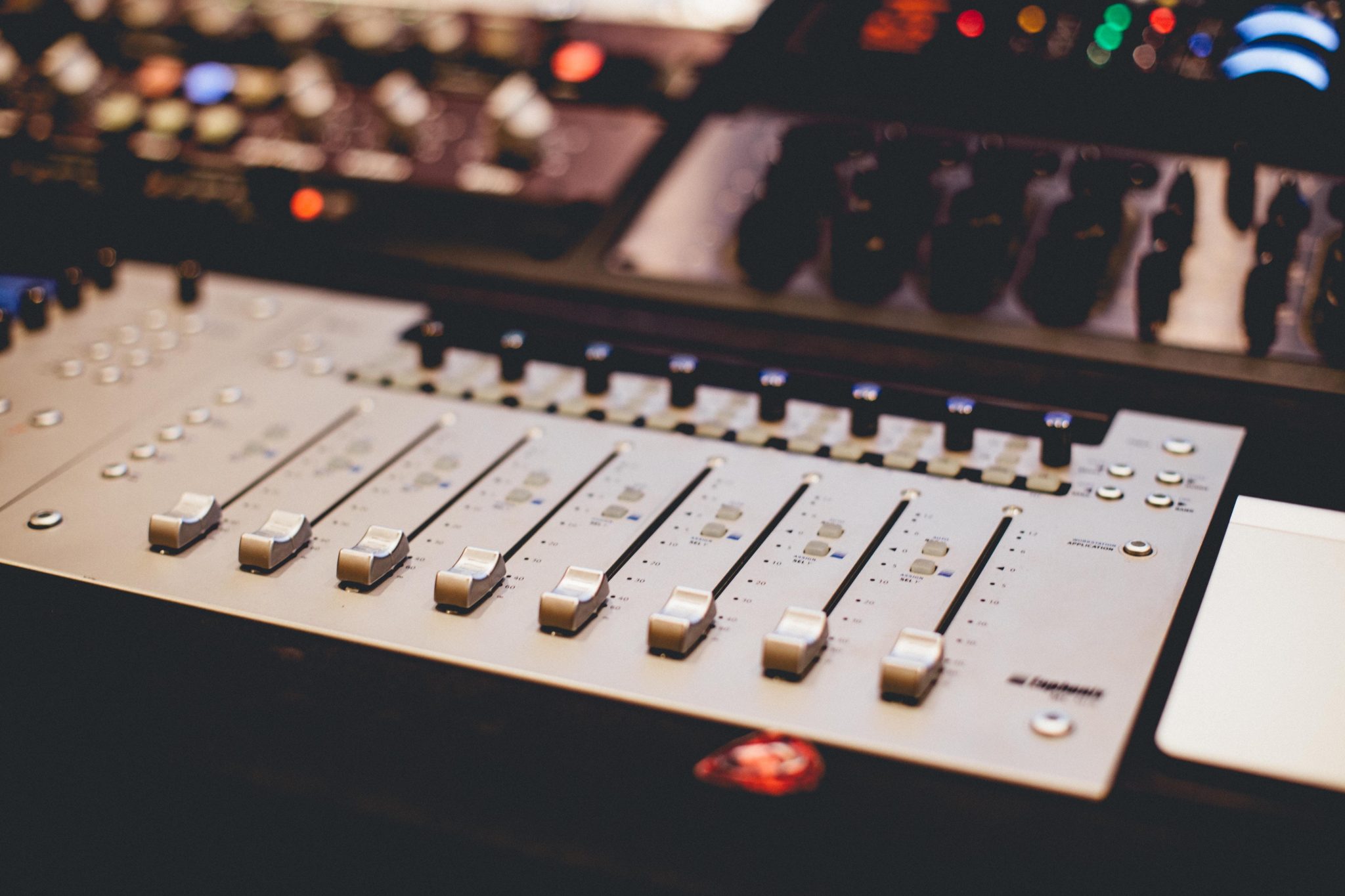 In many ways, the overwhelming amount of content we’re exposed nowadays can make us lose track of what’s going on. Musicians can post a track the second after finishing it, and the whole world can potentially hear it within minutes. Yet the tidal wave of self-released music is so frequent that it can also be harder than ever to get noticed. If you’re attentive and curious, you can catch people’s new ideas, yet the question now is – how can one really can keep up?
In many ways, the overwhelming amount of content we’re exposed nowadays can make us lose track of what’s going on. Musicians can post a track the second after finishing it, and the whole world can potentially hear it within minutes. Yet the tidal wave of self-released music is so frequent that it can also be harder than ever to get noticed. If you’re attentive and curious, you can catch people’s new ideas, yet the question now is – how can one really can keep up?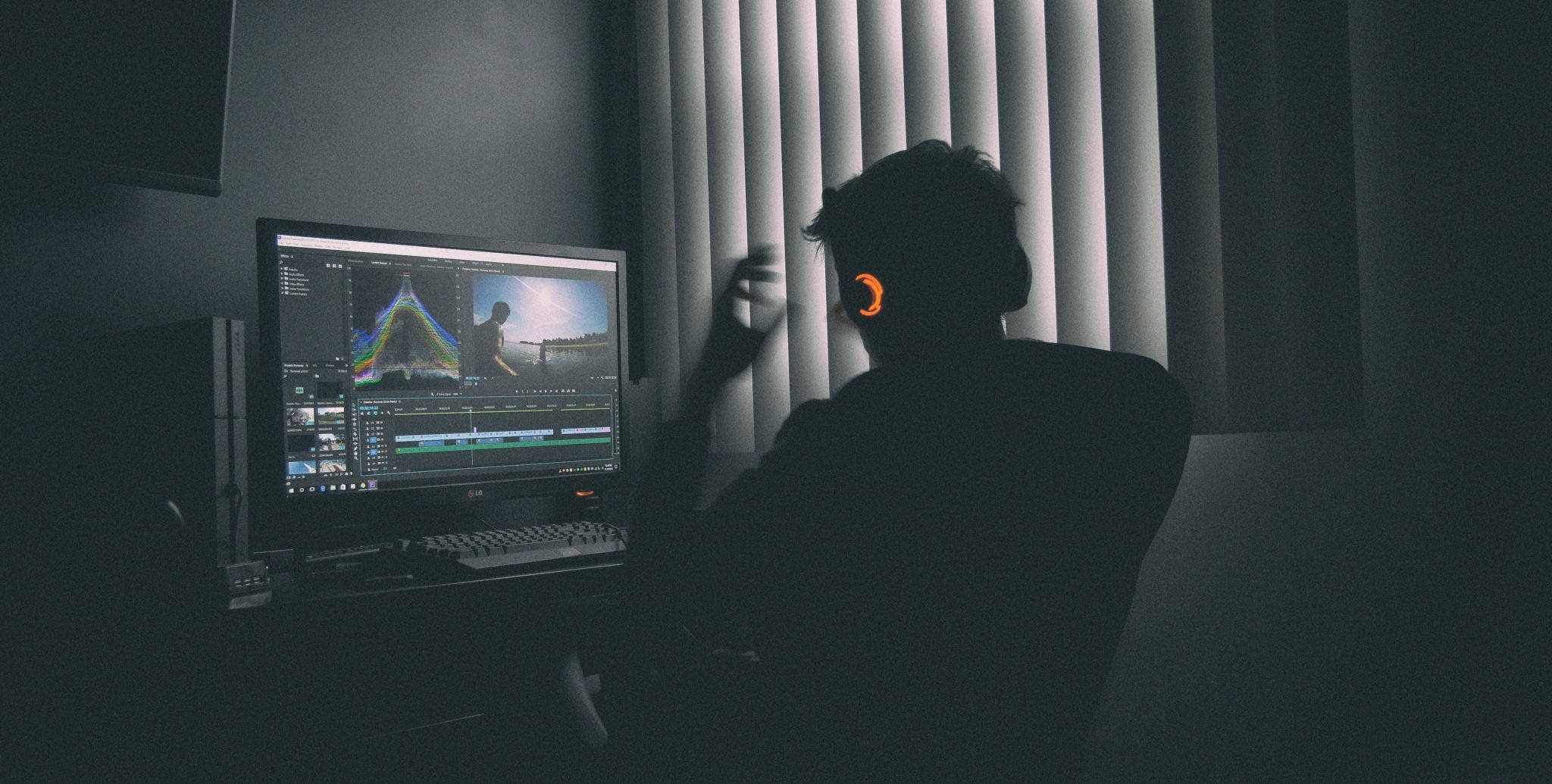 The path doesn’t need to be cleared from obstacles. Obstacles are the path. (Buddhist Proverb)
The path doesn’t need to be cleared from obstacles. Obstacles are the path. (Buddhist Proverb)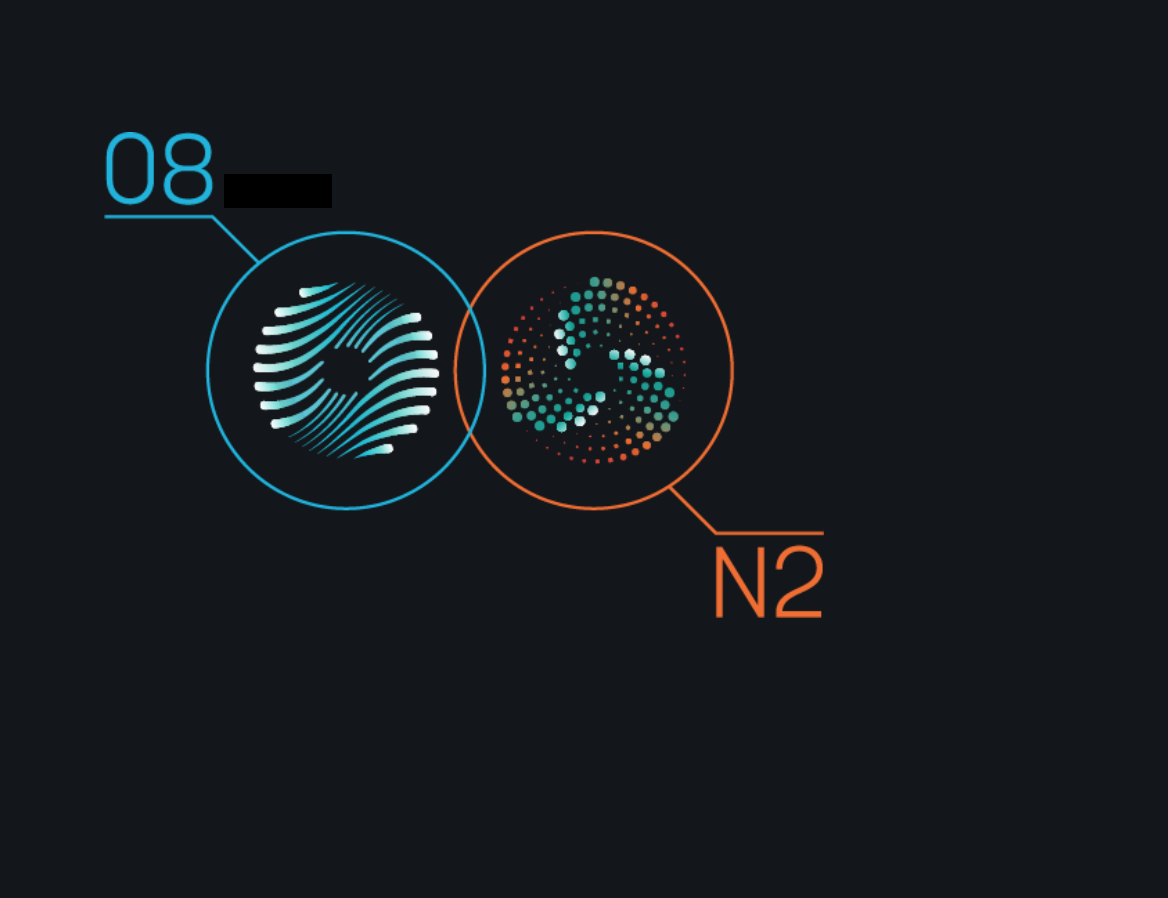 Visual Mixer. This is the bomb within Neutron 2, and for that feature alone I’d buy the entire package. The visual mixer allows you to place and position your tracks visually across the spectrum, (volume, pan, and width). It’s a beautiful process, and the edit window looks super sci fi and modern. If you work with multiple channels and often have mono tracks this is simply a killer addition. One of the things that blew my mind was that you can actually automate the panning, which opens the doors to many exciting and beautiful options in sound design.
Visual Mixer. This is the bomb within Neutron 2, and for that feature alone I’d buy the entire package. The visual mixer allows you to place and position your tracks visually across the spectrum, (volume, pan, and width). It’s a beautiful process, and the edit window looks super sci fi and modern. If you work with multiple channels and often have mono tracks this is simply a killer addition. One of the things that blew my mind was that you can actually automate the panning, which opens the doors to many exciting and beautiful options in sound design.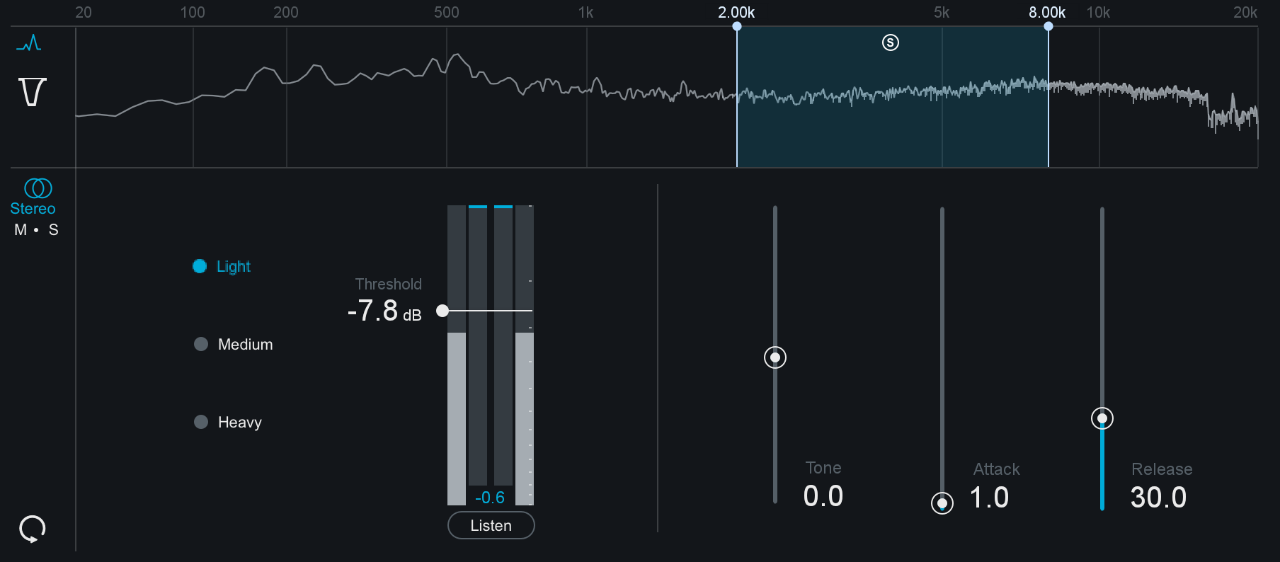 CPU hungry. I have a newish MacBook, fully geared up for performance, and while running several instances of Ozone my entire screen began flickering and making strange glitches. Izotope support claimed it was likely my CPU over-loading, however, I was only using 5 Neutron and 1 Ozone 8 instance, plus visual mixer. If my custom built computer is hit hard with CPU usage imagine how will the average Joe deal with such demands on the processor.
CPU hungry. I have a newish MacBook, fully geared up for performance, and while running several instances of Ozone my entire screen began flickering and making strange glitches. Izotope support claimed it was likely my CPU over-loading, however, I was only using 5 Neutron and 1 Ozone 8 instance, plus visual mixer. If my custom built computer is hit hard with CPU usage imagine how will the average Joe deal with such demands on the processor.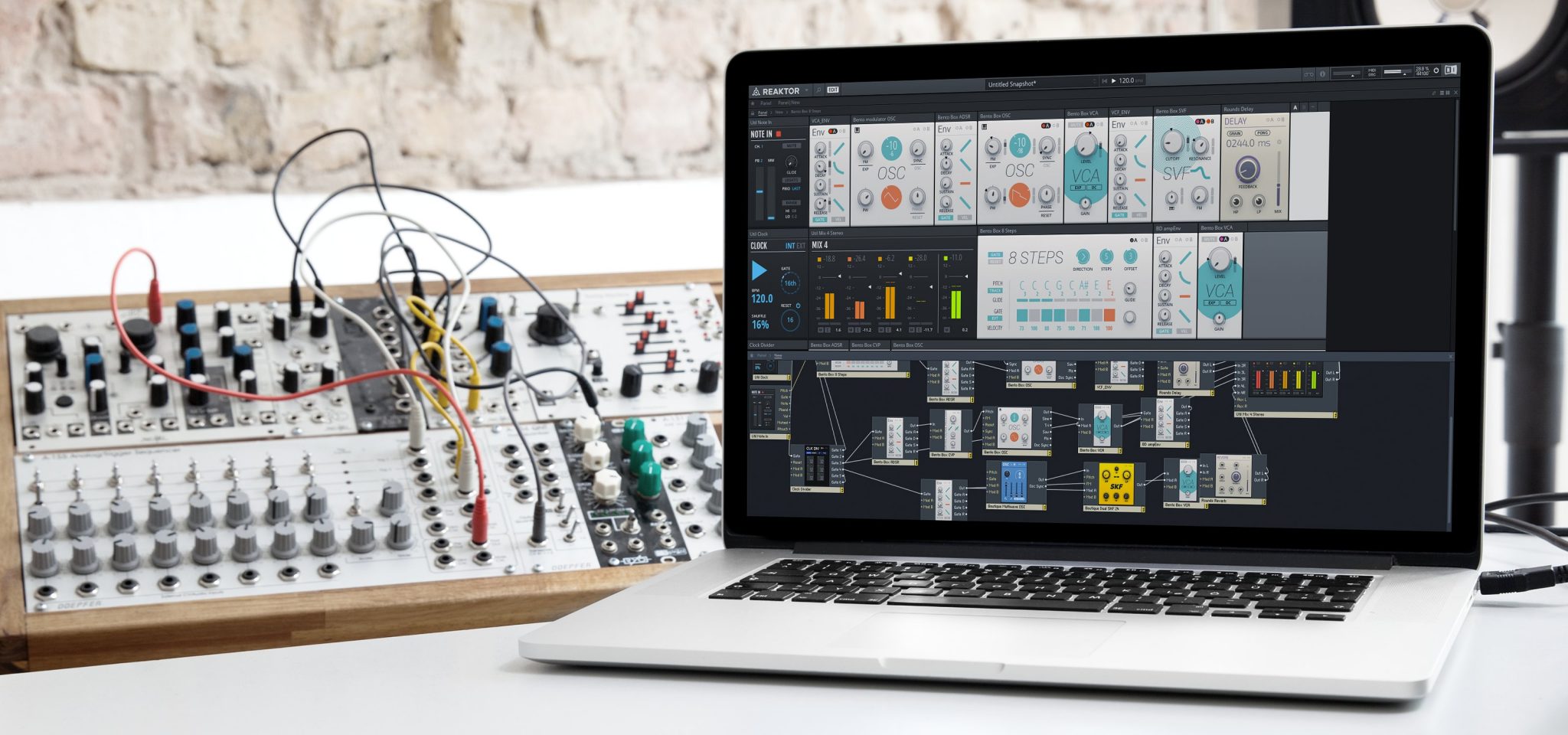
 Going back to the article
Going back to the article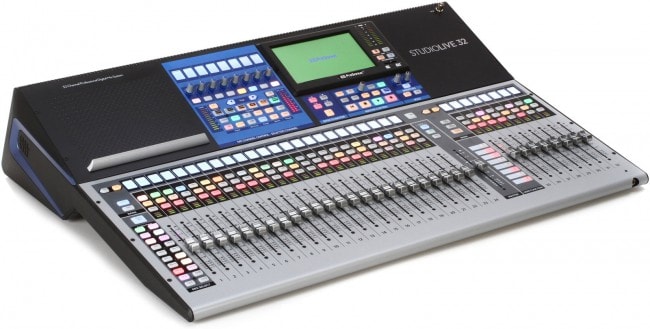 Today I’ll be featuring the
Today I’ll be featuring the  To truly move on as a producer the best personal investment I can think of is to simply finish something, anything. I believe deleting your tracks reinforces your inability to finish what you started, and doesn’t bring anything good. You certainly aren’t farther ahead as a producer, and you’ll never have anything to show without completing your projects.
To truly move on as a producer the best personal investment I can think of is to simply finish something, anything. I believe deleting your tracks reinforces your inability to finish what you started, and doesn’t bring anything good. You certainly aren’t farther ahead as a producer, and you’ll never have anything to show without completing your projects.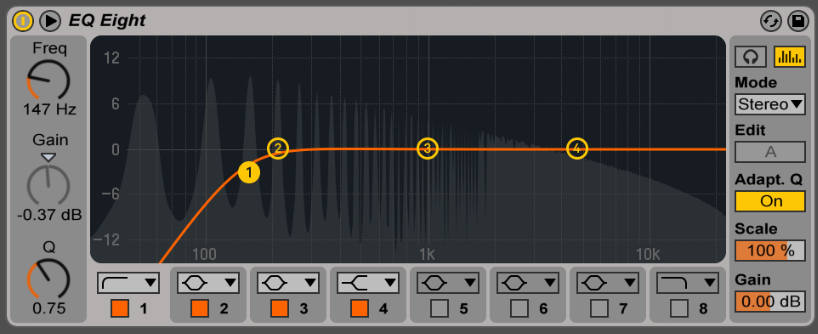
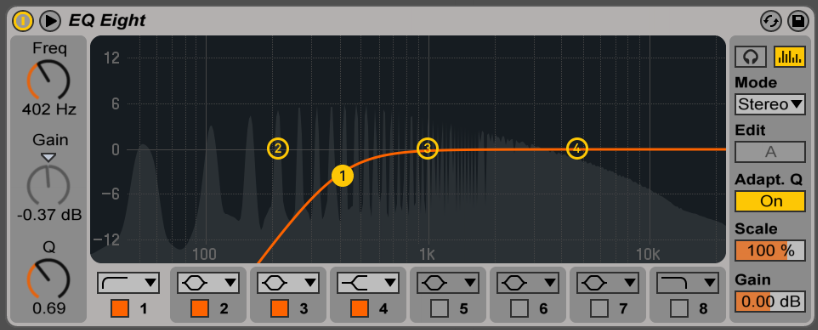
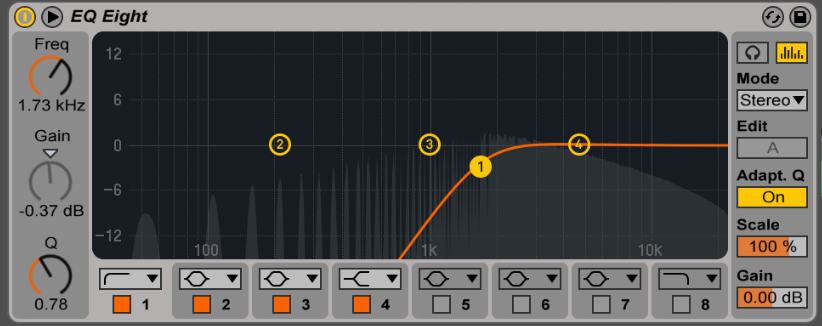
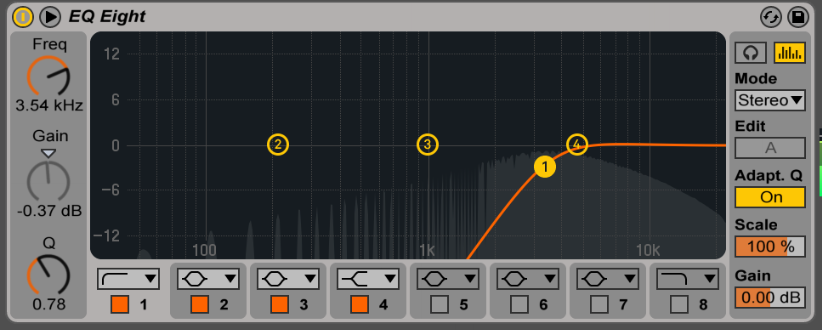
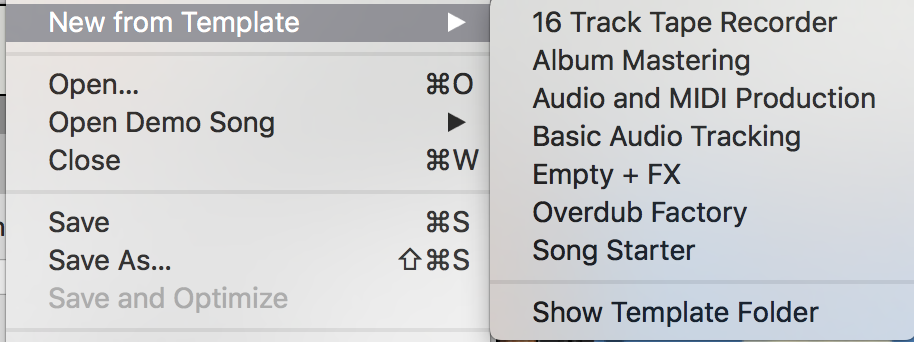 Many DAWs can be setup to load a template as an initial starting point. Reason will propose a pre-made environment, and Studio One will propose if you’d like to setup a project for mixing to speed up your getting started time. Ableton Live doesn’t have that feature by default, but you can easily change that to open a custom startup project.
Many DAWs can be setup to load a template as an initial starting point. Reason will propose a pre-made environment, and Studio One will propose if you’d like to setup a project for mixing to speed up your getting started time. Ableton Live doesn’t have that feature by default, but you can easily change that to open a custom startup project.
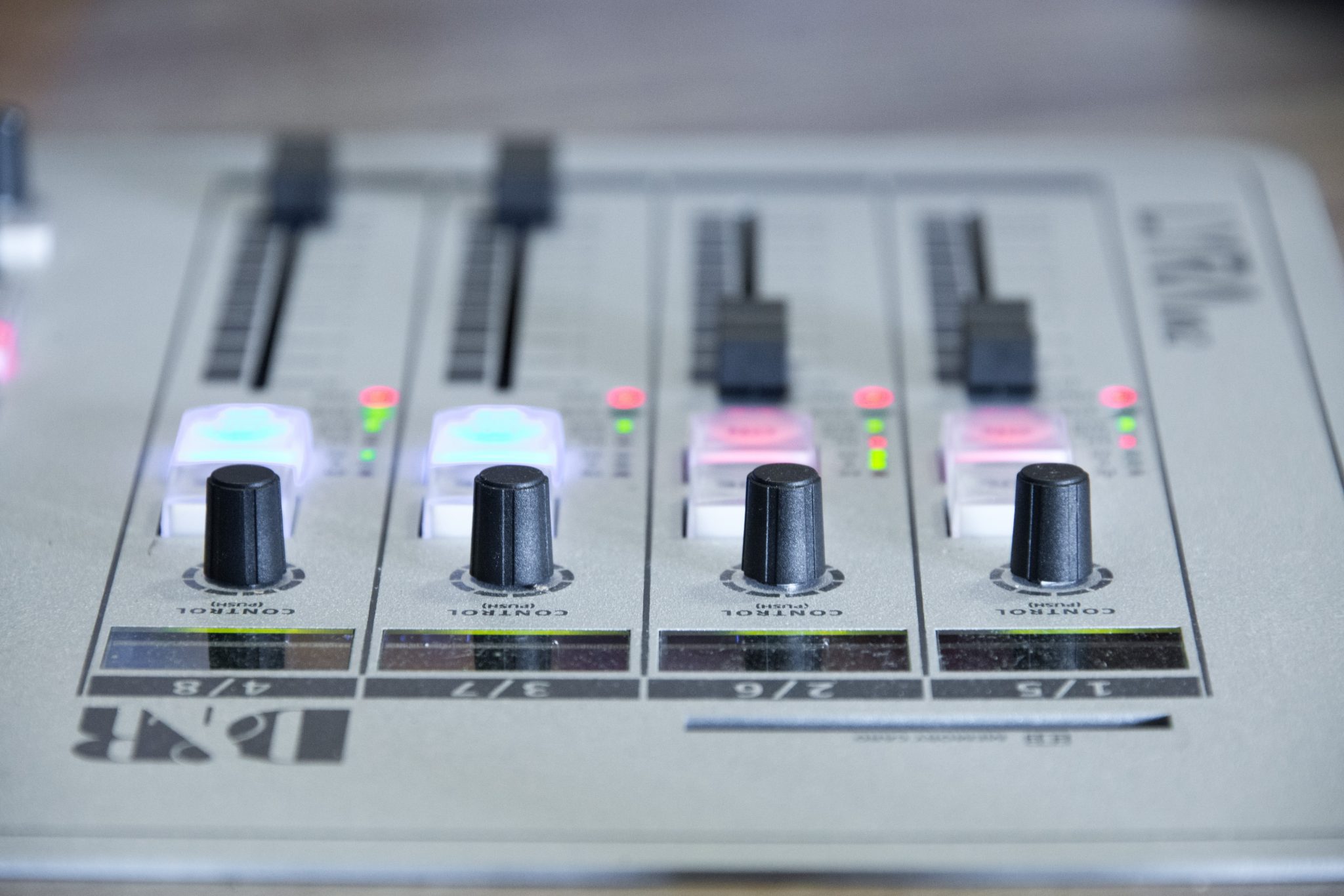 That last point is crucial here. You can take the same compressor concept (ex. FET compression), but it will sound different from one company to another. There are no real universal standards on how to approach compression or EQing. An EQ can show you a curve but the filter in the back might slightly be different to give a color, for instance.
That last point is crucial here. You can take the same compressor concept (ex. FET compression), but it will sound different from one company to another. There are no real universal standards on how to approach compression or EQing. An EQ can show you a curve but the filter in the back might slightly be different to give a color, for instance.
 Ok, so how can we apply that in practice? How do we get started from scratch?
Ok, so how can we apply that in practice? How do we get started from scratch?